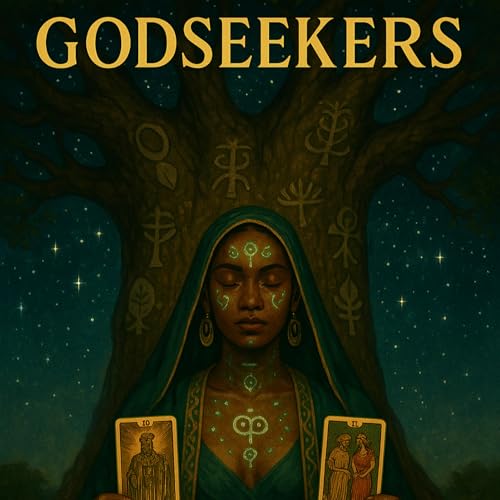Attention-Deficit/Hyperactivity Disorder (ADHD) is a neurodevelopmental disorder characterized by persistent and excessive symptoms of inattention, hyperactivity, impulsivity, and emotional dysregulation.
These symptoms are considered developmentally inappropriate and can significantly impair an individual's functioning in multiple contexts, such as school, work, and social relationships. ADHD is understood to arise from the maldevelopment in brain regions responsible for executive functions, including the prefrontal cortex, basal ganglia, and anterior cingulate cortex.
These regions are crucial for self-regulation, time management, task initiation, and sustained attention.What are the main types or "presentations" of ADHD?ADHD is primarily divided into three presentations, though historically these were referred to as subtypes:
• Predominantly Inattentive Presentation (ADHD-PI or ADHD-I): Individuals mostly exhibit symptoms related to inattention, such as frequently overlooking details, difficulty sustaining focus, appearing not to listen, struggling with organization, losing items, being easily distracted, and forgetfulness in daily activities.
• Other Neurodevelopmental Conditions: Autism Spectrum Disorder (ASD), learning disabilities (e.g., dyslexia, dysgraphia), and intellectual disabilities.
• Disruptive, Impulse Control, and Conduct Disorders: Oppositional Defiant Disorder (ODD) and Conduct Disorder (CD) are particularly common, especially in individuals with the combined presentation of ADHD.
• Anxiety and Mood Disorders: Anxiety disorders, major depressive disorder, and bipolar disorder are frequently seen.
• Sleep Disorders: Insomnia, restless legs syndrome, and delayed sleep phase disorder often co-exist with ADHD and can also be side effects of ADHD medications.
• Substance Use Disorders: Individuals with ADHD are at an increased risk, possibly due to altered reward pathways in the brain, self-medication, and increased psychosocial risk factors.
• Eating Disorders: People with ADHD are three times more likely to be diagnosed with an eating disorder.•
Trauma and PTSD: There is a significant overlap in symptoms between ADHD and trauma-related disorders like PTSD, and childhood trauma is a risk factor for ADHD.Non-psychiatric comorbidities include epilepsy, obesity, asthma, celiac disease, and migraine headaches. ADHD also increases accident-proneness and problematic digital media use.
◦ Stimulants (e.g., methylphenidate, amphetamine) are often first-line treatments, improving core ADHD symptoms, academic performance, and reducing the risk of unintentional injuries. Long-term use of stimulants may also decrease abnormalities in brain structure. ADHD.•
Relationship between ADHD and Trauma: Further understanding the complex bi-directional relationship where ADHD can increase the likelihood of experiencing trauma, and trauma can mimic or exacerbate ADHD symptoms.
 2025/07/2719 分
2025/07/2719 分 24 分
24 分 2025/07/191 分
2025/07/191 分
